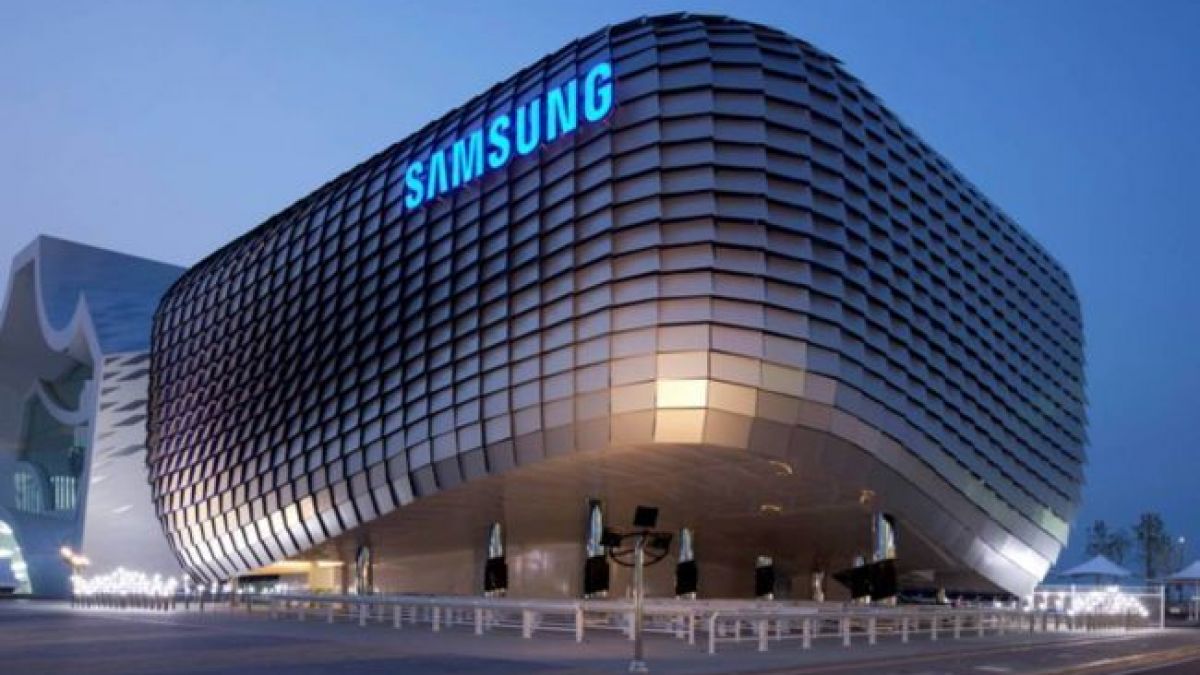Samsung is preparing for mass production of 2nm GAA chips in 2025

Samsung, one of the leading semiconductor players, is actively working on improving its GAA (Gate All Around) transistor architecture for the new 2nm process. According to the latest reports, the Korean company plans to start mass production of 2nm semiconductor chips based on this technology as early as next year.
Here's What We Know
Samsung is currently developing the third generation of GAA technology to be used in the 2nm process. The first generation of GAA technology was introduced with Samsung Foundry's 3nm process in 2022. The second generation GAA technology is being used in the second generation 3nm process.
Samsung is the first company to start producing chips using the new GAA technology. Its main competitor TSMC has also started producing 3nm chips from 2022, but using the old FinFET technology. TSMC is also planning to switch to the new 2nm GAA process next year. But Samsung may have a technological advantage when the 2nm era begins in 2025.
GAA transistor architecture helps improve chip performance, energy efficiency, and also make the chips themselves smaller. First generation GAA chips showed a 16% reduction in chip area, a 23% improvement in performance, and a 45% improvement in power efficiency. The second generation of the process supposedly offers a 35% reduction in area, a 30% improvement in performance, and a 50% improvement in power efficiency. The third generation GAA, which will be used in 2nm chips, is supposed to deliver a 50% area reduction and 50% performance improvement.
Samsung's main competitor, TSMC, has yet to utilise Gate All Around technology in its advanced processes. Samsung plans to begin mass production of second-generation 3nm GAA chips (such as for the Galaxy S25) in the second half of this year, and continues to build the third-generation GAA architecture for 2nm chips, which will give it leadership in GAA technology.
Although Samsung is the world's first foundry to mass-produce 3nm process technology with GAA architecture, it has yet to secure major manufacturing contracts. TSMC has already made 3nm chips for Apple, the A17 Pro for the iPhone 15 Pro and iPhone 15 Pro Max. Time will tell if Samsung can turn the tide in its favour in the 2nm process era.
Source: Business Korea